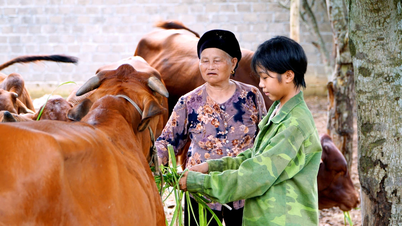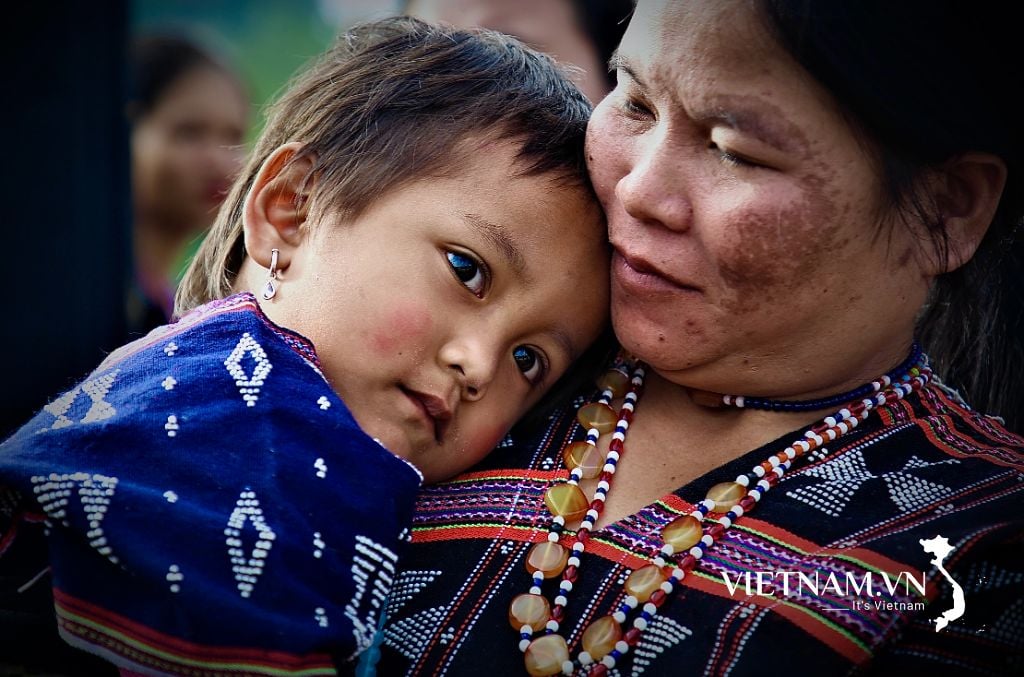Updated date: 12/25/2024 10:24:21

What is protein?
Protein is a macronutrient, along with fat (lipid) and carbohydrates, that provides energy for the body to function.
In terms of structure, protein is an organic compound containing nitrogen, made up of amino acids. Each protein is made up of 50 - 1,000 amino acids. Dietary protein is a combination of many types of protein.

Recommended Protein Intake Table 2024 (revised proposal of the Institute of Nutrition)
The role of protein
There are about 500 amino acids found in nature, but only 20 are essential amino acids that are used to make proteins in the human body. These amino acids are important for many body processes, including building and repairing tissues, producing enzymes, and regulating hormones.
Complete proteins contain all 20 essential amino acids in adequate amounts, while incomplete proteins lack one or more of these essential amino acids. Proteins from animal sources such as meat, poultry, fish, eggs, and dairy products are usually complete proteins, while proteins from plant sources such as beans and nuts are usually incomplete.
Adequate protein intake is essential for children's growth and development. Complete proteins are often preferred because they provide all the essential amino acids in a single source, making it easier to meet children's protein needs. However, combining different plant protein sources can help children get all the essential amino acids, creating complete, healthy proteins.

Health workers measure children's lying length and standing height to assess their nutritional status.
Protein is important for children's growth and development.
Protein is not only a simple energy-producing nutrient, but also a material, a foundation for children's growth and development. Protein plays an important role in the formation, construction and repair of tissues, from muscles to bones and organs. Protein is the component that creates strong and sustainable structures.
Therefore, children need to be provided with adequate quantity and quality of protein according to the needs of each stage of development. If there is not enough protein, children's growth can be disrupted, leading to slow development (malnutrition), dysfunction of many endocrine glands (thyroid, genitals...), reduced immunity and other potential health problems. Adequate protein intake is important for physical development, cognitive development, immune system function and energy supply for children.
Protein needs for children
Children need a steady supply of protein to fuel their rapid growth and development. The recommended daily amount of protein for children varies depending on their age, weight and activity level. As a general rule, children need more protein relative to their body weight than adults. Ensuring children consume enough protein is essential to build healthy muscles, bones and organs, support brain development and maintain a healthy immune system.
In short, protein is essential for children's growth, development, and overall health. Consuming enough protein-rich foods is important to meet children's protein needs and provides many benefits: physical growth, cognitive development, immune system enhancement, energy supply.
Protein-rich foods for children can include: meat, poultry, fish, eggs, dairy products, beans, lentils, nuts, seeds, and pea protein. Incorporating these foods into your child's diet will help them meet their protein needs and enjoy the many benefits of getting enough protein.
In addition, you should go for regular nutritional consultations or when your child is sick to get timely advice on adjusting to your child's condition. Currently, at the medical stations in Dong Thap province, there are activities to weigh, measure, and evaluate the nutritional status of children under 2 years old every 3 months and children under 5 years old every June.
Dr. Nguyen Cong Minh - CDC Dong Thap
Source: https://baodongthap.vn/suc-khoe/dam-nhu-cau-rat-can-thiet-cua-tre-nho-128080.aspx






















































































![[OCOP REVIEW] Tu Duyen Syrup - The essence of herbs from the mountains and forests of Nhu Thanh](https://vphoto.vietnam.vn/thumb/402x226/vietnam/resource/IMAGE/2025/6/5/58ca32fce4ec44039e444fbfae7e75ec)







Comment (0)